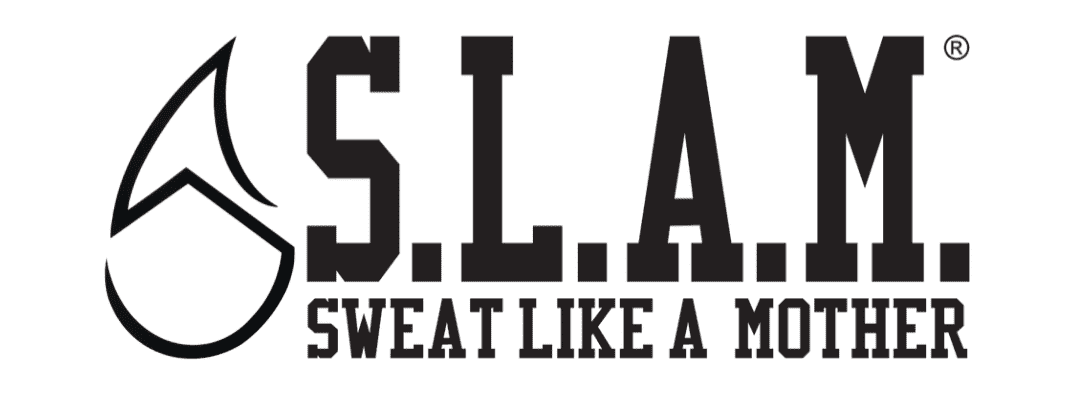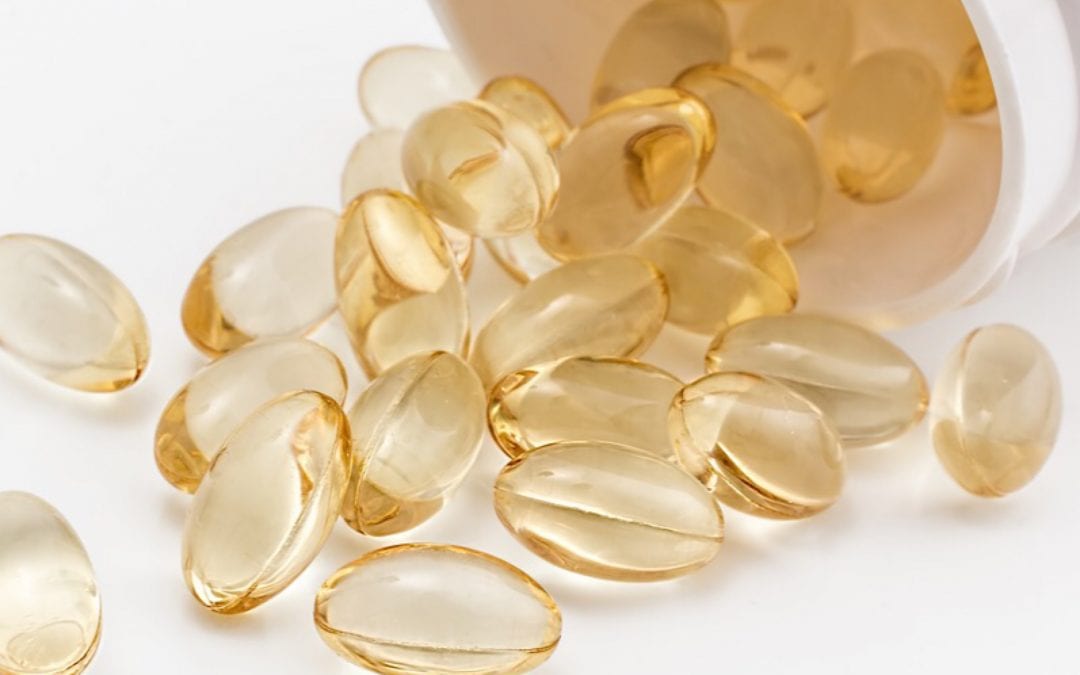As a Dietitian, I don’t often encourage supplements because I believe we should be getting the nutrients we need through our foods. Ideally, if we are eating a balanced, well-rounded diet, then our needs would be met. However, there are a few things that are not as easily sustained through our foods that we can benefit from through a supplement.
Probiotics
Probiotics are essentially bacteria (but the good kind!) that line your gut and aid in nutrient absorption and immune function. They support good digestive health, but newer research has shown that probiotics also give you a stronger immune system, aid in weight loss, increase energy, and much more.
When you think of probiotics, you may think of yogurt. While yogurt can be filled with these good bacteria, there are many yogurt products on the market today that aren’t as high quality and thus won’t provide you with as many probiotics as you need. Kefir is a product similar to yogurt that typically has just as many if not more probiotics and would be a good choice if you’re into dairy and want to increase your probiotic intake. Aside from these two foods though, probiotics are found in things like kimchi and sauerkraut, but how often are you eating those?
With that being said, I encourage probiotic supplements, but it is imperative to choose a good one. There are actually many different strains of bacteria and each one has been found to have different benefits. If you struggle with constipation, one type of bacteria works well for that—whereas another type of bacteria was found to have benefits for eczema. Do your research and choose what is right for you, while keeping in mind that you want a high-quality probiotic with multiple strains of bacteria.
I suspect that you will continue to hear more about probiotics over the years as more and more research is done. There is a lot to be learned about how these friendly bacteria support a healthy lifestyle, but for now, find yourself a good supplement and reap the benefits.
Omega-3 Fatty Acids
By now you’ve probably heard of good fats and how you need them, and I’m guessing you tell yourself eating all the avocados is the way to go. While the fats in avocados are beneficial, they are monounsaturated fats (also found in nuts and vegetable oils). Omega-3 fatty acids are the real shining stars in the fat world and they are not as easy to come by, especially if you follow a non-seafood diet. Eicosapentaenoic acid, also known as EPA, and docosahexaenoic acid, or DHA are the two most beneficial types of fatty acids and the densest sources of these are certain types of fish. You will hear that other foods, such as walnuts or flaxseeds, have omega-3 fatty acids in them, but the acid is actually alpha-linolenic acid, or ALA and in order for our body to use it, it must be converted to EPA and DHA. (And the bad news is that this conversion is very slow and often our bodies aren’t able to do it).
If you’re like me and you don’t eat a lot of fish, it’s time to consider a supplement. But first you may be wondering why are these good fats so good for you? These fatty acids have been shown to improve heart health, aid in memory, and have also been shown to reduce risk of other diseases such as cancer and arthritis. DHA is even working in utero on brain and eye development of the fetus. If you can relate to mom-brain, you should be running to the store now to find you some DHA and EPA, but again how do you choose? Ensure that DHA and EPA are the main sources of fatty acids in the supplement and you want the total of them to equal or be greater than 500 mg per dose (the recommended amount for adults per day). If the supplement has a fishy aftertaste, you know you’ve picked a good one.
Vitamin D
Vitamin D wins the vitamin award in my book and there’s still so much more research to be done on this nutrient that is hard to come by in foods. It aids in calcium absorption, keeps the immune system strong, increases energy, and so much more. Low levels of vitamin D have been found in people with so many diseases ranging from depression to cancers. Unfortunately, low levels are actually quite common, but the good news is you can aim to eat more vitamin-D rich foods and consider taking a supplement.
The highest sources of vitamin D are fish, egg yolks, and fortified foods (things like milk, orange juice, and cereals that have vitamin D added to it). Of course, spending time in the sun is also one way to increase your intake because your body will produce vitamin D with certain types of sun exposure. If eating all the fish doesn’t sound like fun to you, look for a supplement that will give you 600 international units (IU) of vitamin D per day. And remember, to soak up the sun—literally.
Remember too much of something is a bad thing, so while you may benefit from a supplement in one or all of these categories, it is imperative to follow recommended dosage guidelines and consult with your doctor for further guidelines. Supplements can be costly so deciding what is a priority for you is important. For example, if you’re not super regular in GI terms, going for a probiotic before everything else might do you some good. Or if you feel sluggish and down and out, vitamin D may be your first friend. But don’t use supplements as an excuse to not eat healthy—even if you take all the nutrient supplements in the world, your diet still dictates your overall health and well-being. Balance Like A Mother mamas!





Recent Comments